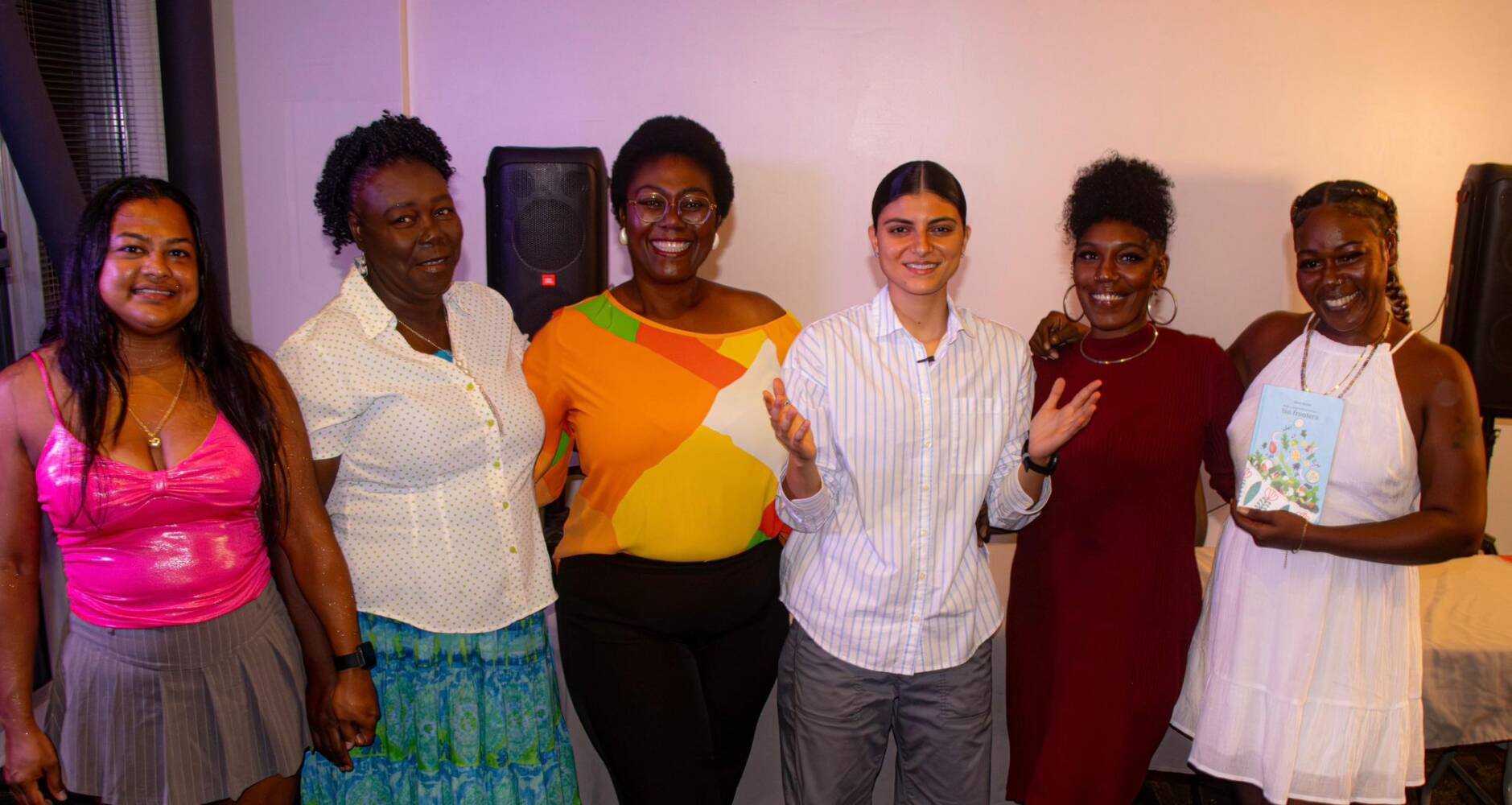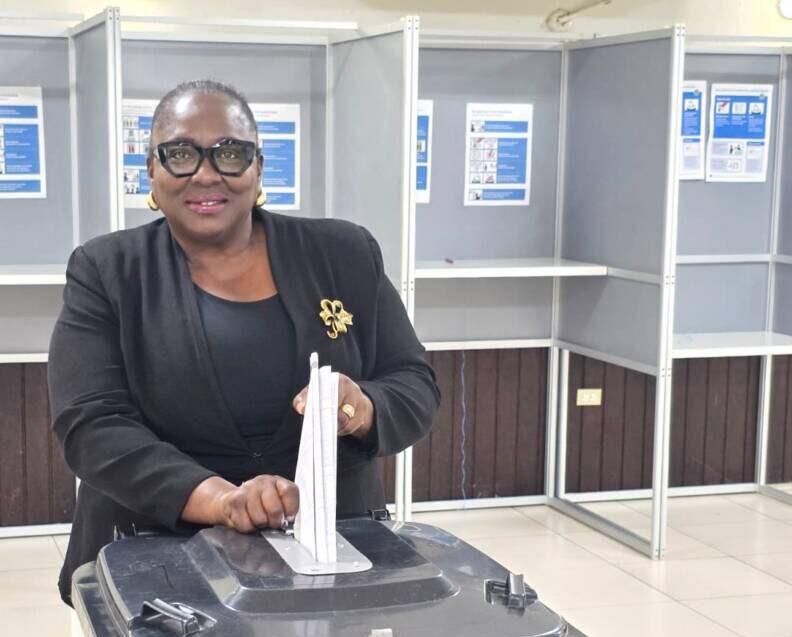ORANJESTAD – The island council of Sint-Eustatius is considering to take the Dutch government to International Court. According to Clyde van Putten, a local coalition leader of PLP, the local government has been fighting for autonomy for years, but he says the Netherlands does not want to cooperate.
Van Putten intends to take this case to the International Court of Justice (ICJ), together with his coalition partners, if the Netherlands continues to refuse to engage in the discussion of autonomy. St. Eustatius lodged an official protest to the Council of Ministers and Prime Minister Mark Rutte at the beginning of January this year. The Prime Minister has not yet responded.
Coalition leader Clyde van Putten (PLP) explains why Sint Eustatius will not participate in another referendum – video: John Samson
The question is whether the people of St. Eustatius also want autonomy. The local community and politicians in The Hague differ in opinions on this subject. The Netherlands deemed the referendum in 2014 as invalid, unlike the local government.
Double standards
According to van Putten The Hague’s view on the 2014 referendum is a prime example of the double standards.
“We never asked the Netherlands to be a municipality. In the referendum in 2005 residents chose to remain in the Netherlands Antilles. Even if it meant that we would be the only island to remain.” On the contrary St. Eustatius became a special municipality of the Netherlands in 2010.
Referendum
Ronald Plasterk Minister of Interior Affairs and Kingdom Relations (BZK) said the referendum of 2014 is deemed invalid, because the required 60 percent turnout was not achieved. The Netherlands would start the process towards autonomy, but only if the island holds another referendum.
However Van Putten said “under no circumstances” will Sint Eustatius hold another referendum. The required turnout the local government feels was achieved. “There were many persons in the population, registered on the voting list, that have been dead for years or are no longer living on the island now 10 to 15 years, van Putten said.” “And months after the referendum, we saw a cleanup of the same list during the Island Council Elections.”
“A referendum is valid whenever it’s convenient for the Dutch; to colonize us and to make us a “public body”.
Local politicians have visited the United Nations in New York over the last few months in hopes to achieve autonomy. Autonomy is also being lobbied for Aruba, Curaçao and Sint Maarten.








